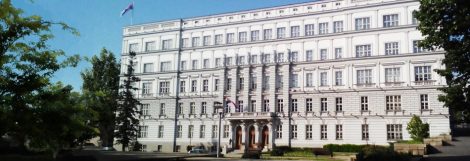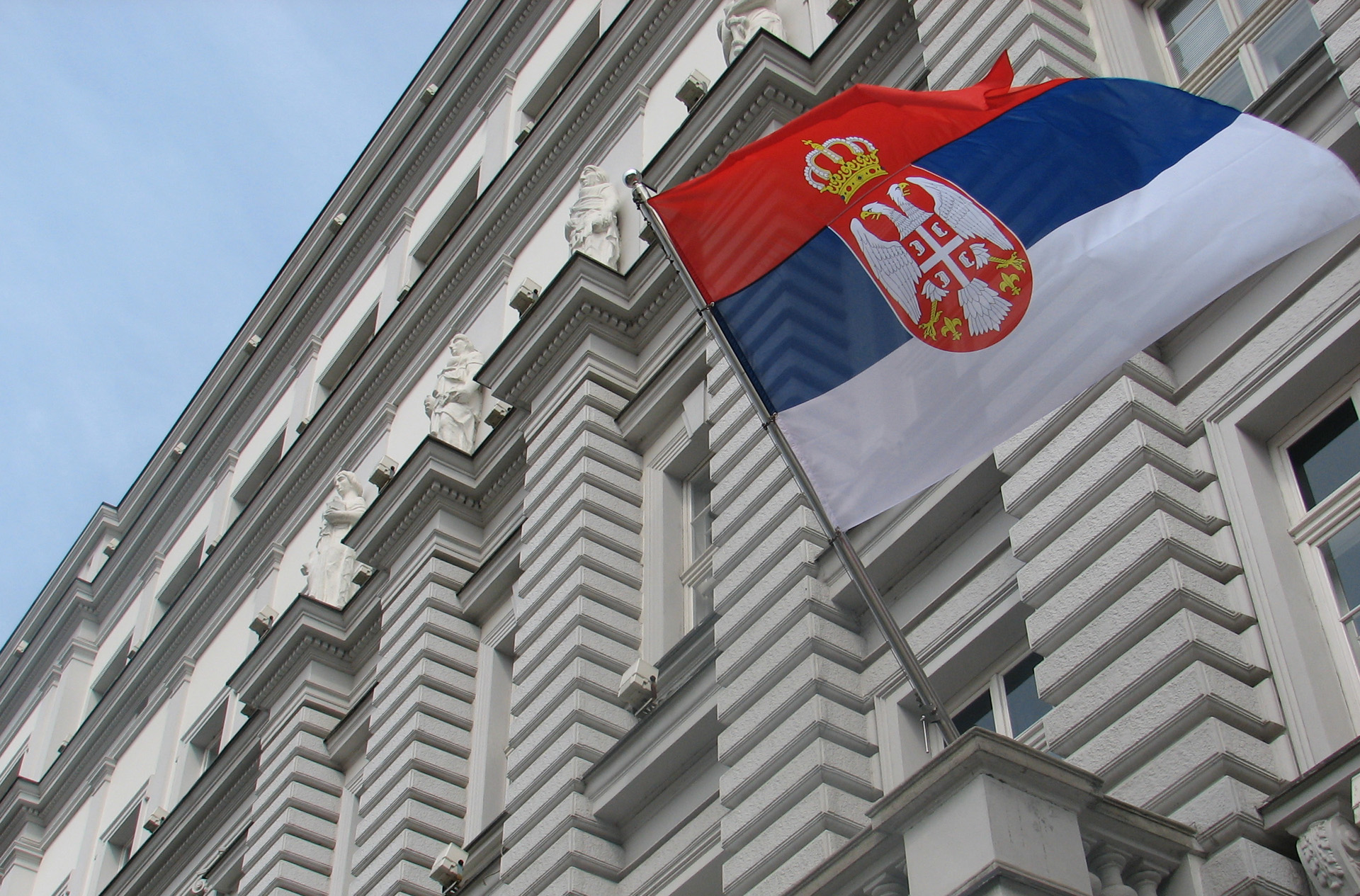Mali: With the 2020 budget, we are encouraging a better standard of living and further growth of the economy

At today’s session of the Government of the Republic of Serbia, the Bill on the Budget of the Republic of Serbia for 2020 was adopted, which provides for total revenues of RSD 1,314.5 billion and expenditures amounting to RSD 1,334.7 billion, which gives an estimated deficit of RSD 20.2 billion, or 0.3% of GDP.
Finance Minister Siniša Mali stressed that the 2020 budget is developmental and, thus, it should further develop the economy. He added that the projected real growth of the economy, for the next year, is 4%.
– With regard to economic growth this year, estimates for the third quarter are encouraging, according to which economic growth is 4.7%, and, consequently, we expect economic growth to be above the projected 3.5% by the end of the year. Investing in education and innovation will allow Serbia to continue its high and sustainable economic growth. Serbia shows that it can achieve high growth rates despite the slowdown in EU economies. According to the current Fiscal Strategy, the central government debt projection for 2020 is 50.3% of GDP – said Mali.
The Minister emphasized that a key feature of the budgetary policy in 2020 was a balanced distribution of fiscal space to increase living standards, i.e. to increase salaries and pensions by about 1.3% of GDP, boost growth through increased public investment, and enable tax relief. He added that this budget proposal marked the end of the process of consolidation of public finances and indicated the beginning of development.
– The budget allocated RSD 295.4 billion for salaries, as well as RSD 581.2 billion for pensions for our elderly fellow citizens. According to the so-called Swiss formula, pensions will increase by 5.4% next year. With regard to capital investments, the budget proposal foresees RSD 198.9 billion for this purpose, and most of these funds are related to transport and railway infrastructure. This means that this budget marks the beginning of the implementation of the National Investment Plan. In addition, we have increased the amount for the improvement of environmental infrastructure from RSD 23.7 billion this year to RSD 59.4 billion for the next year. And, what is of particular significance, we have increased the amount of funds allocated for the treatment of rare diseases, which will amount to 2.4 billion dinars – said Mali.
He specified that, when it came to infrastructure, funds were earmarked for the Moravian Corridor, the Pojate – Preljina section, for the construction of the Belgrade – Sarajevo highway, for the construction of the Ruma – Šabac – Loznica road, then for the Obrenovac – Ljig section, for the Surčin – Obrenovac section, as well as for section Novi Beograd – Surčin, for Belgrade bypass (section: bridge over river Sava near Ostružnica – Bubanj potok), express road Novi Sad – Ruma, then for section Preljina – Požega. The draft budget also includes the Hungarian – Serbian railway project, as well as the reconstruction of the Nis – Dimitrovgrad railway.
The Minister also emphasized that the strategic goal of the Government of the Republic of Serbia is to reduce unemployment, and reminded that the amendments to the Law on Personal Income Tax, which would soon enter into the Parliamentary procedure, would facilitate new employment. He said that employers would be exempt from payroll tax and tax for social contributions if they hired a person who had not been employed during the current year. In the first year, they will have an exemption of 70%, in the second year 65%, and, in the last year, 60%. An entire exemption from the social contributions is planned throughout the first year, 95% for the following year, and 85% for the third one. In this way, Mali noted, Serbia will move closer to EU countries in terms of unemployment.
– Funds for investment in education and innovation have been increased. The “Connected Schools” project is underway, which will allow a total of 1,000 schools to be connected to high-speed internet by September 2020, as well as equipping of additional 10,000 digital classrooms. In order to provide the best working conditions for students, funds for equipping computer classrooms in over 400 schools have been budgeted. The budget for 2020 allocates funds for the renovation of dozens of primary and secondary school buildings – said Finance Minister Siniša Mali.
Funds for the Innovation Fund have also been increased in this budget, while RSD 3 billion has been secured to support entrepreneurship development. In support of science development, funding for the Science Fund has been doubled to RSD 1 billion. For further development of the innovation infrastructure, funds for the completion of the Data Center in Kragujevac, as well as funds for the completion of Science and Technology Parks in Niš and Novi Sad were allocated. A significant increase in the budget of the Office for Information Technology and eGovernment has enabled further development of eGovernment by introducing new services, such as the Uniform Education Information System.
The Minister stated that he expects Serbia to continue its accelerated development next year, and that good results so far have been confirmed by the fact that the country has advanced on the World Bank’s Doing Business List by four places, and that Fitch has upgraded Serbia’s credit rating from ” BB “to” BB + “, with a stable outlook for further improvement, while Moody’s credit rating agency has upgraded the outlook for raising the credit rating of the Republic of Serbia from” stable “to” positive “.


